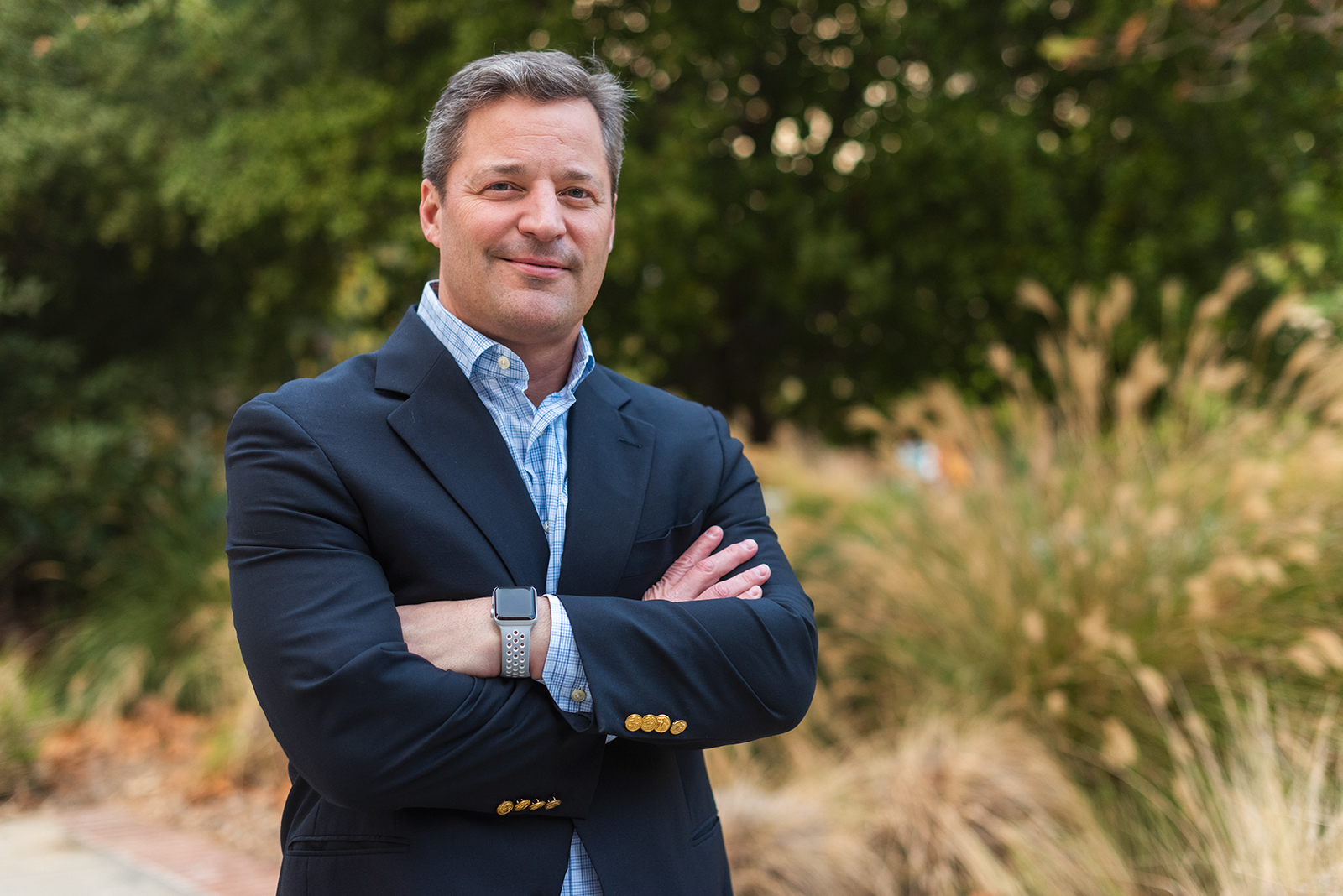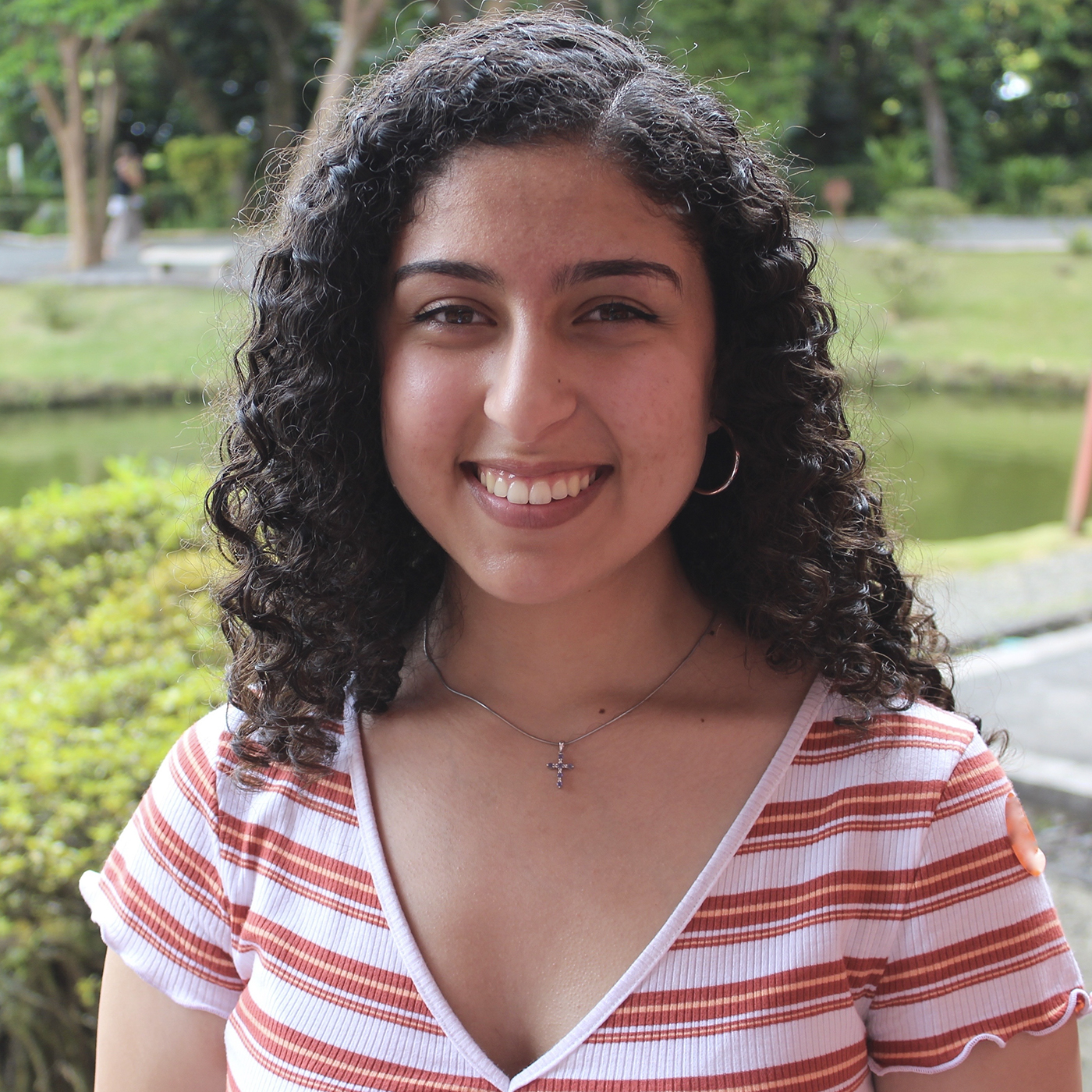With new leader, Sustainable LA Grand Challenge steadfast in renewability goals

Eric Hoek, professor of civil and environmental engineering and former CEO of water technology startup Water Planet, was named the new faculty director of the Sustainable LA Grand Challenge. (Courtesy of Daniel Leibowitz/Sustainable LA Grand Challenge)

By Angela Hana
Jan. 9, 2020 12:26 a.m.
This post was updated Jan. 9 at 10:41 a.m.
The Sustainable LA Grand Challenge’s leadership may be turning over a new leaf, but its goals remain the same.
Eric Hoek, a professor of civil and environmental engineering, was announced as the new faculty director of the Sustainable LA Grand Challenge on Dec. 10. He replaces Mark Gold, who served as faculty director starting in 2012.
The Sustainable LA Grand Challenge is a UCLA-wide research initiative focused on transitioning Los Angeles County to 100% renewable energy, 100% local water and enhanced ecosystem health by 2050.
With a new faculty director, the challenge is entering a new chapter, said Casandra Rauser, the director of the Sustainable LA Grand Challenge.
Hoek is one of the original founders of the Sustainable LA Grand Challenge, as well a member of the California NanoSystems Institute and UCLA Institute of the Environment and Sustainability.
The new faculty director also left academia from 2014 to 2018 to serve as CEO of the startup company Water Planet, which develops water treatment technologies.
Rauser said she thinks Hoek’s experience working in academia and at the startup will help the challenge turn research into practical solutions.
“(Hoek) knows how to take research and apply it to solving really critical complicated and technological problems,” Rauser said. “I think it will really strengthen the way we approach application of technology to these problems.”
Since the challenge first developed its aims in 2013, Hoek said LA County has pushed forward on renewable energy with even more ambitious goals. In the OurCounty plan, county officials said they hope to transition LA to solely renewable energy sources by 2025.
“Both the city and the county have stepped up and set their own sustainability goals, which include aspects of localizing our water resources, powering ourselves renewably, electrifying transportation, decarbonizing our ecosystem,” Hoek said.
With these goals set out by the county, part of the new trajectory of the challenge includes helping the county meet those goals, Hoek said.
“How can we help you achieve these goals?” Rauser said. “Where do you have gaps in knowledge? Where do you require specific expertise or research to be done to determine the best strategy, the best pathway to achieve your targets now that you’ve set out?”
With the Sustainable LA Grand Challenge, UCLA hopes to solve a societal problem using the expertise of the entire university, including faculty, students and staff, Rauser said.
“So somebody in engineering might think about energy in a very different way than somebody at the School of Law, for example,” Rauser said.
The Sustainable LA Grand Challenge published its first five-year work plan in 2015. Its goals, outlined in the plan, include funding research into technologies and policies that could help LA transition to entirely renewable energy and local water. It aims to fund research into the protection of local biodiversity and ecosystems.
The challenge also issued an environmental report card on the energy and air quality of LA in 2017 and of its water in 2019. The next report, on LA County’s ecosystem health, will be released sometime in 2020.
The challenge has also worked with the county to develop its energy policies. Its team worked with the City of Los Angeles to ensure that LA’s Green New Deal was influenced by UCLA research. It also participated in the development of LA County’s first sustainability plan, called the OurCounty plan, adopted in 2019.
UCLA’s project was the first grand challenge undertaken by a university in the United States, leading to questions of its feasibility, Rauser said.
“When we launched in 2013, there was quite a bit of discussion on campus of, if we say these things, if we say we’re going to help accomplish these goals for LA and the surrounding area, are people going to think we’re insane?” Hoek said. “Are they even remotely achievable, and are they the right goals?”
However, meeting a particular goal, such as reaching complete sustainability in LA by 2035 or 2045, is less important than making the attempt, Hoek said.
“This (challenge) actually serves as a model for other academic institutions, other cities, megacities around the world that say, well, if they can do it in LA, we can probably do it pretty much anywhere,” Hoek said.


